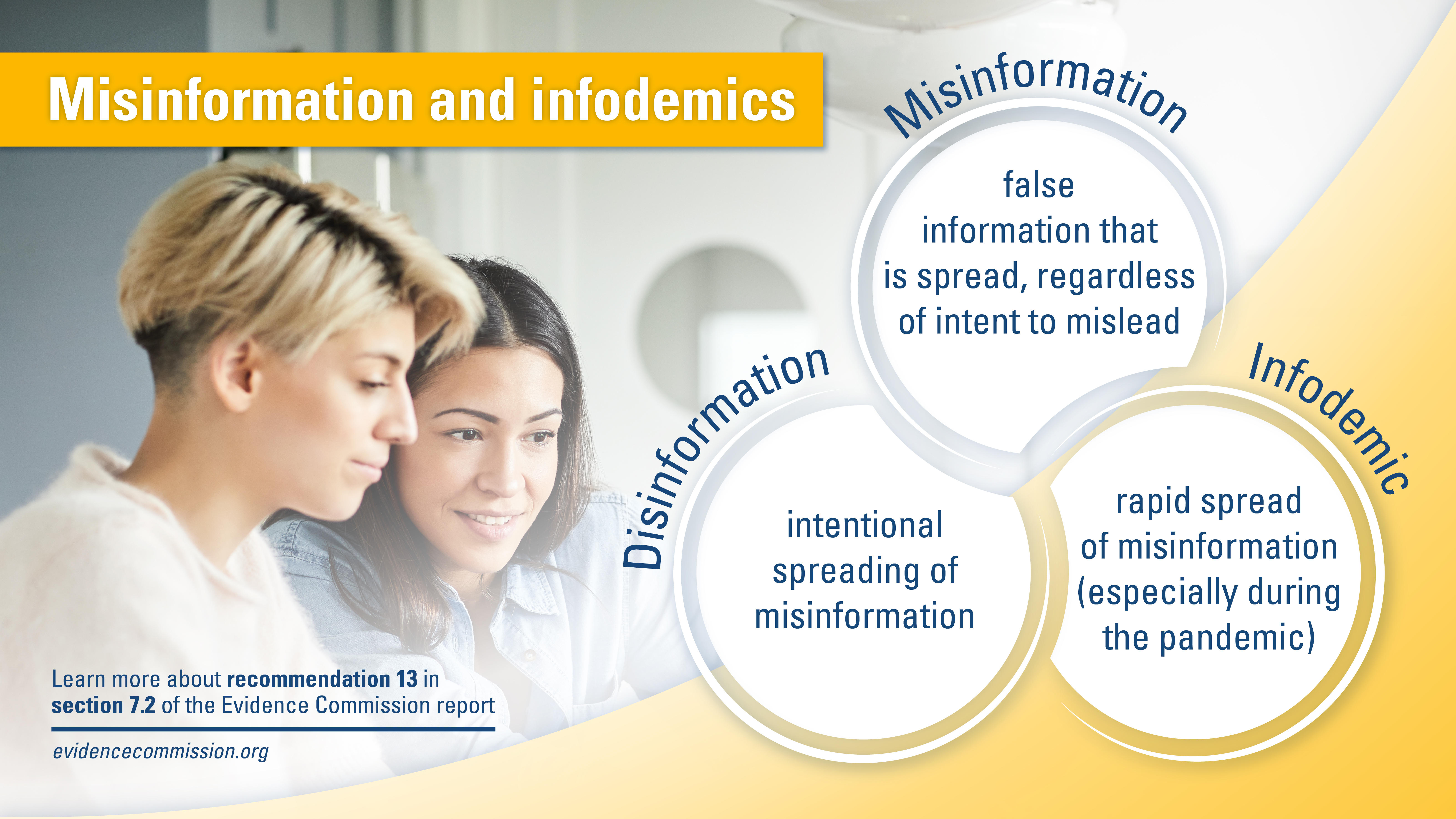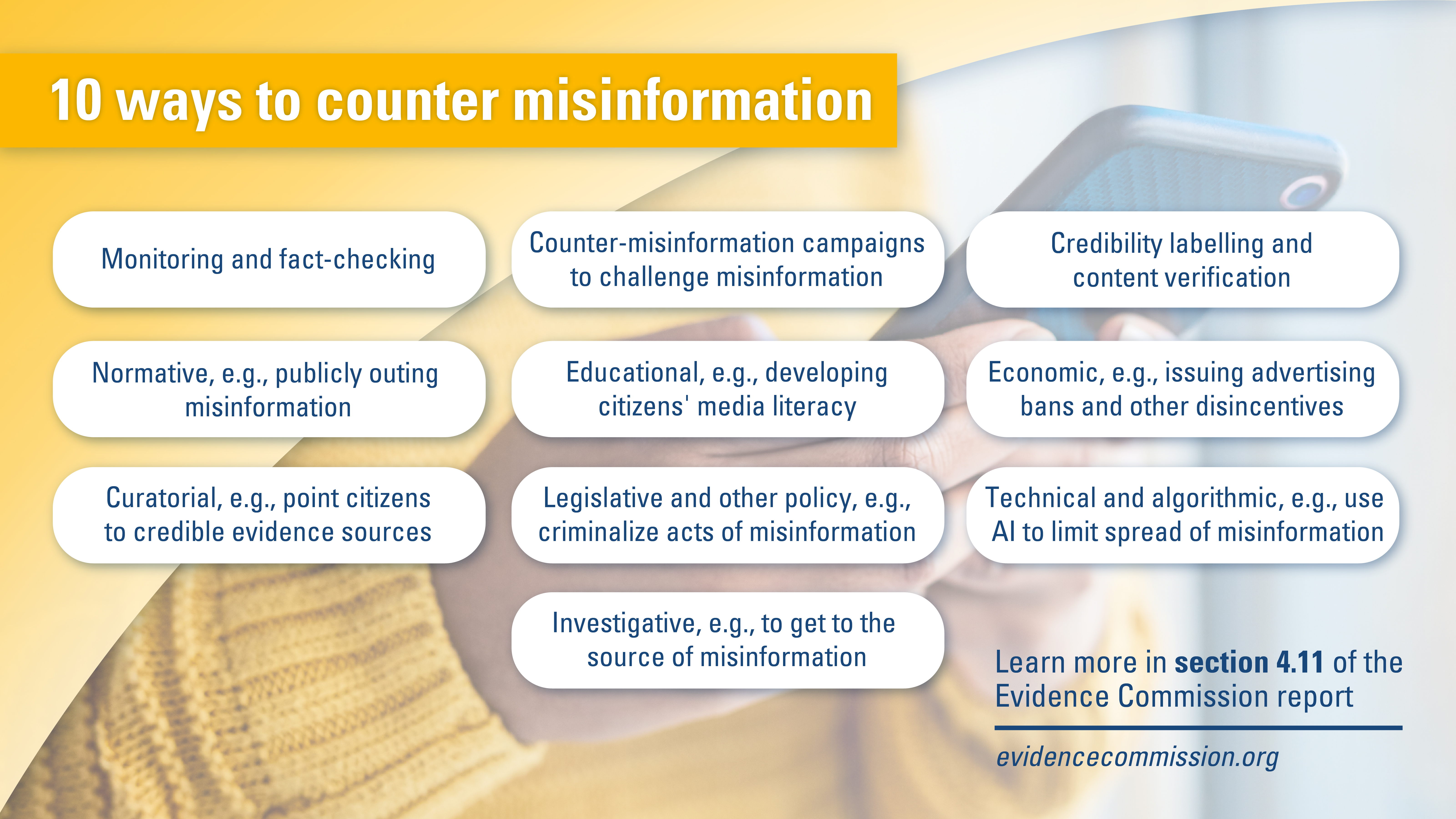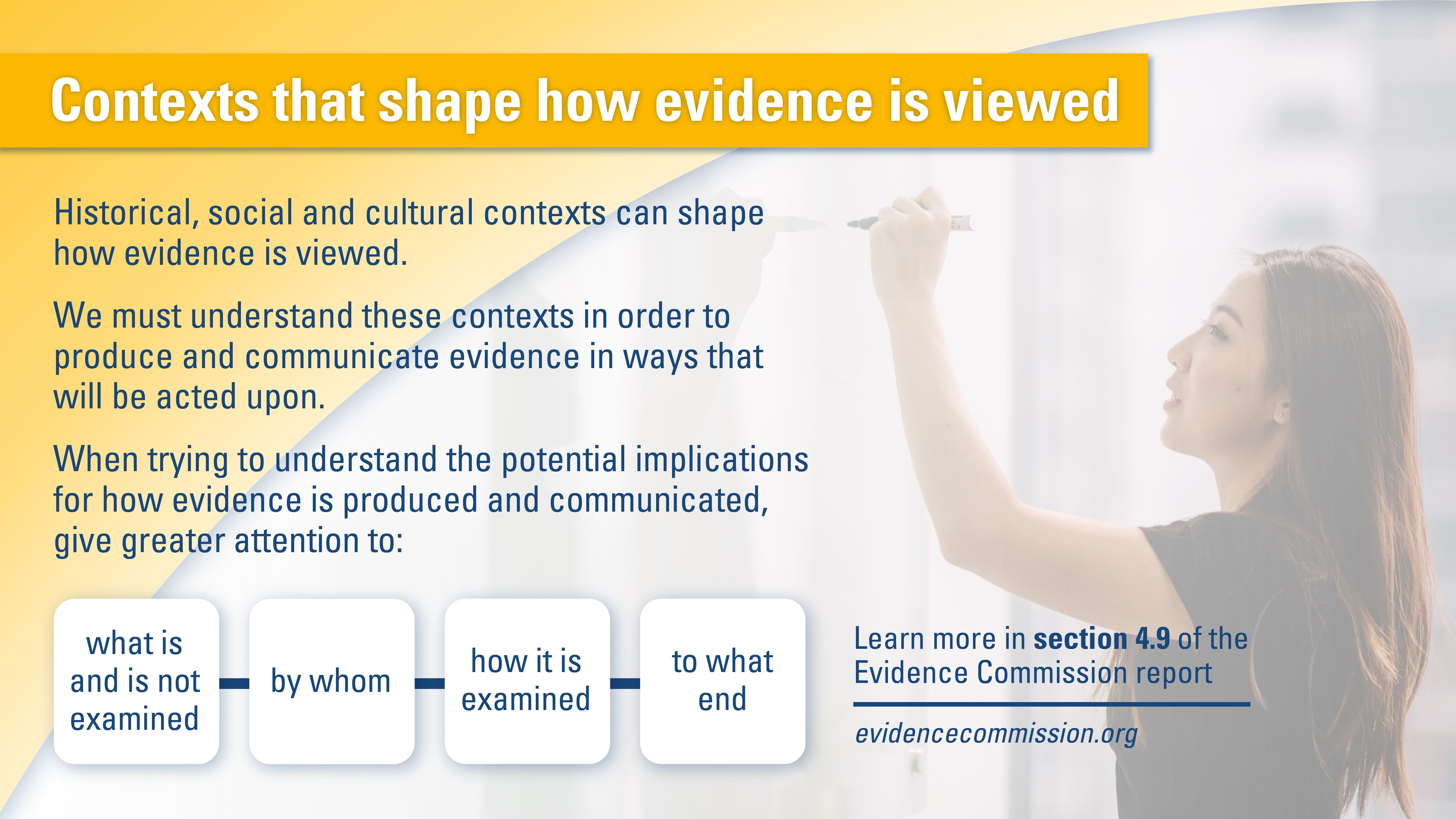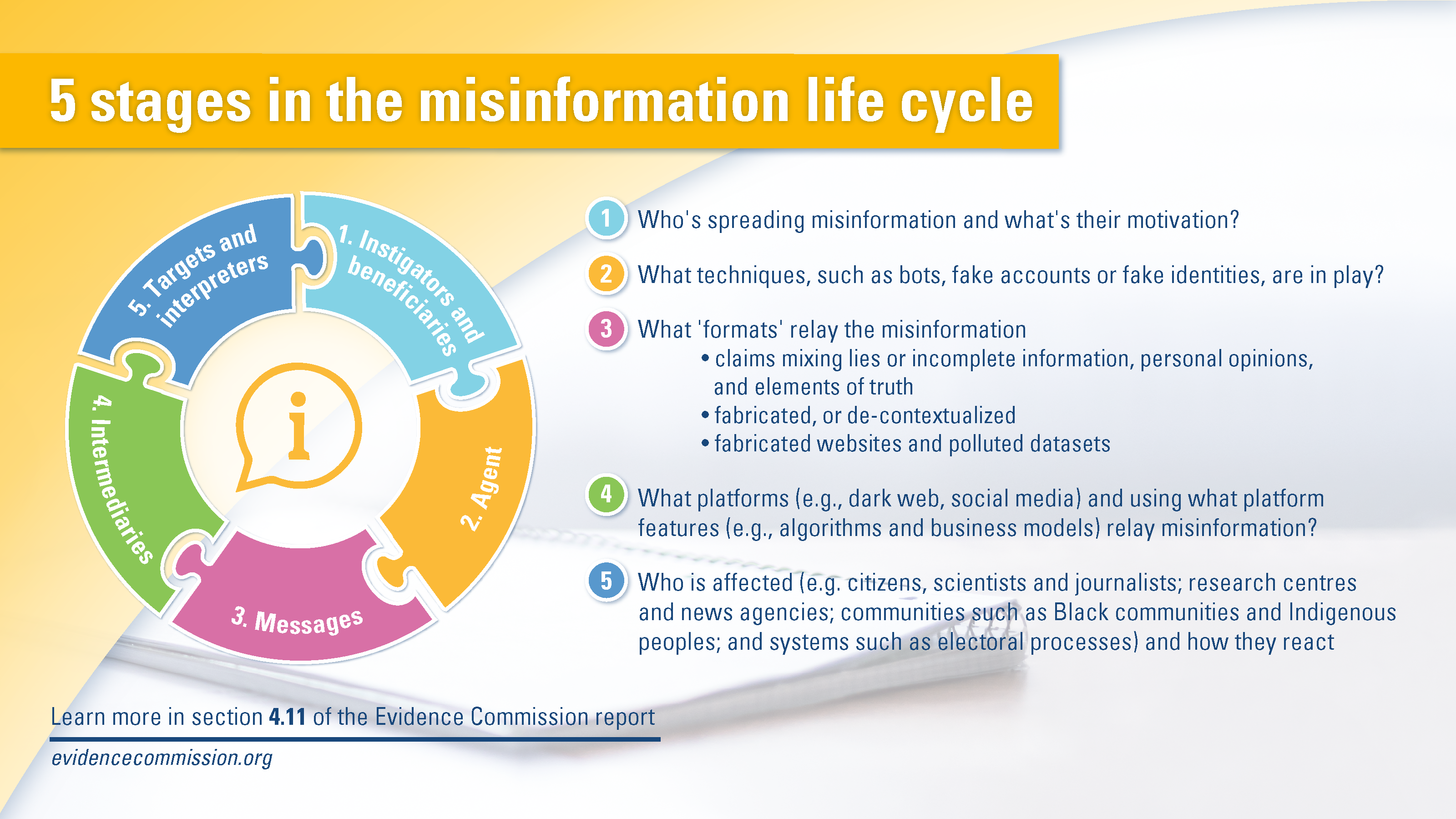Battling the bunk – Bringing evidence and citizen engagement to bear in addressing misinformation
>> Watch a recording of the webinar
>> Download the webinar slides
Battling the bunk bites
For those wishing to further the discussion on addressing misinformation, disinformation and the infodemic, we’ve created – what we’re calling – battling the bunk bites, curated from key sections of the Global Evidence Commission report. We encourage you to use these images freely on social media and credit appropriately by tagging the Global Evidence Commission.



_2022-05-05.jpg?sfvrsn=bbd0844d_3)

Some of the ideas that show up in the news media or come up over coffee conversations can seem implausible. That’s because ideas or theories that have long been discredited in research—or have no evidence-backing at all, are frequently presented as “facts” in popular and social media (while evidence-based information is sometimes referred to as “fake facts”). The stakes for misinformation (false information that is spread, regardless of intent to mislead) and disinformation (the intentional spreading of misinformation) are high. And our current state of ‘infodemic’ (or ‘mis-infodemic,’ the rapid spread of misinformation) can have serious consequences.
In this third session in the series, we will explore different strategies (e.g., fact-checking, educational approaches, technical approaches) along with different vehicles to address misinformation (e.g., journalism, social media, school curriculums). The webinar series is hosted by three groups working together to ‘put evidence at the centre of everyday life,’ including Cochrane (the world’s largest producer of evidence syntheses and home to the Cochrane Consumer Network), the Global Commission on Evidence to Address Societal Challenges (with one if its three implementation priorities being ‘putting evidence at the centre of everyday life,’ which is being overseen by the Citizen Leadership Group), and the World Health Organization’s Evidence-informed Policy Network (EVIPNet) with its new work on Citizen Engagement in Evidence-informed Policymaking.
Hosts
- Maureen Smith, Co-chair, Citizen Leadership Group, Evidence Commission
- Will Moy, Chief Executive, Campbell Collaboration
Speakers (in order of appearance)
- Kathleen Tobin, Youth Programming Manager, MediaWise Teen Fact-Checking Network
- Paula Byrne, Senior post-doctoral researcher, iHealthFacts, Evidence Synthesis Ireland and HRB-Trials Methodology Research Network, College of Medicine, Nursing and Health Sciences, University of Galway
- Johanna Pope, PhD Candidate working on vulnerability to misinformation, iHealthFacts, Evidence Synthesis Ireland, College of Medicine, Nursing and Health Sciences, University of Galway
- David Ajikobi, Nigeria editor, Africa Check
- Sayan Banerjee, Assistant Professor, Political Science, Texas Tech University
Series Description
Citizens frequently make decisions where evidence would be helpful but face many challenges in doing so—from too much or inaccessible information to the deliberate spread of misinformation. This webinar series titled, Putting evidence at the centre of everyday life: A global webinar series for citizen leaders and citizen-serving NGOs, pushes past the rhetoric about engaging citizens in evidence-informed decision-making and zeroes in on actionable ways to help citizen leaders and those who serve them, e.g., non-governmental organizations (NGOs) and governments – from finding reliable information to knowing which types of questions to ask to making evidence-based choices the default or easy option, and more. While these are early days in understanding ‘what works’ in putting evidence at the centre of everyday life, this global webinar series will identify what is going well that needs to be systematized and scaled up, and what gaps should be prioritized to fill, and to work with government policymakers and citizen-serving NGOs, among others, to push for these improvements.
This webinar series takes place between June 2023 and January 2024:
- Session I. The big picture – Putting evidence at the centre of everyday life (Jun 2023)
- Session II. Citizen-backed evidence – Engaging citizens in providing evidence synthesis and support (including for evidence-informed policy-making) (Aug 2023)
- Session III. Battling the bunk – Bringing evidence and citizen engagement to bear in addressing misinformation (Nov 2023)
- Session IV. Pushing past platitudes – Co-designing structures and processes to support citizens in designing, executing and holding leaders accountable for achieving changes on the ground that are felt by everyday citizens (Dec 2023/Jan 2024)
